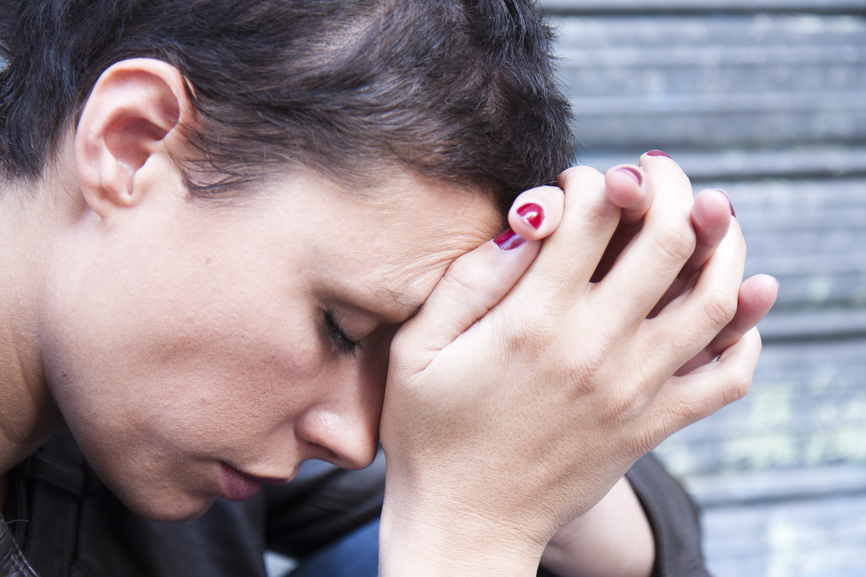As the challenges of 2020 drag on, many are left wondering “Why am I feeling more tired now, why am I not adapting better to this situation?”
Our bodies are complex systems with amazing built-in and automatic responses designed to maximise our chances of survival in a dangerous world. These are primitive responses that have changed very little over thousands of years, despite the environment we live in having changed dramatically in that time. Many people have heard of the fight or flight response, although there is also a lesser known third option: freeze. It is not just a physical threat that can trigger this response, a psychological threat can also trigger it. Similarly, our resulting reaction – to fight, flee (flight) or freeze – may also emerge as a psychological reaction as opposed to a physical one. When we are living in a constant state of assessing threat we start to experience problems such as fatigue; anxiety; an inability to think clearly, make effective decisions or focus on priorities; and reduced ability to mange our emotions effectively.
An emergency response system that is becoming more widely discussed at this time is known as “surge capacity”. Surge capacity refers to a complex combination of mental and physical responses, including the one mentioned above, designed to maximise our chance of survival in a crisis. Surge capacity is an energy intensive response designed for short term situations, for example, a natural disaster like an earthquake or cyclone, and cannot continue indefinitely. When depleted, this energy source needs to be renewed. This can be difficult to achieve in this situation of ongoing, chronic threat, and can require conscious effort.
What can we do to renew our energy in this ongoing state of chronic emergency?
